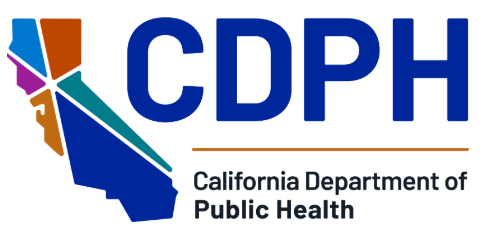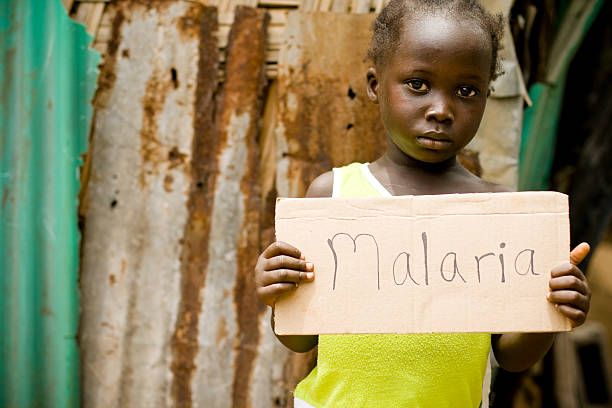CDC graphic of possible bird flu transmission.
Image credits: CDC

California Governor Gavin Newsom declared a state of emergency today in response to the escalating bird flu outbreak in the state. The proclamation follows the detection of additional bird flu cases in Southern California dairy cows. While the risk to the public remains low, the declaration aims to provide state and local agencies with the resources and flexibility needed to respond swiftly and effectively. As of now, there have been no confirmed cases of person-to-person transmission in California, although the CDC has reported 61 human cases across 16 states, with over half of those originating in California.1
In California, there is a total of 34 human exposure incidents have been recorded in connection with commercial agriculture and related operations. Of these, 33 were linked to dairy herds (cattle), and no exposures have been reported from poultry farms or culling operations. One additional case was classified as having an unknown source. These figures reflect the overall exposure risk in the state tied to agricultural and animal operations.2
Governor Newsom stated in the press release, “This proclamation is a targeted action to ensure government agencies have the resources and flexibility they need to respond quickly to this outbreak. Building on California’s testing and monitoring system — the largest in the nation — we are committed to further protecting public health, supporting our agriculture industry, and ensuring that Californians have access to accurate, up-to-date information. While the risk to the public remains low, we will continue to take all necessary steps to prevent the spread of this virus.”1
California’s response involves close coordination with federal agencies such as the CDC, USDA, and FDA, as well as extensive public outreach to educate dairy and poultry workers about exposure risks. Personal protective equipment (PPE) is being distributed to high-risk workers, and additional doses of the seasonal flu vaccine are being provided to reduce the risks of concurrent infections. Efforts are also underway to educate the general public and at-risk populations about effective preventive measures.
In December, a California raw milk dairy voluntarily recalled a batch of milk after bird flu was detected, though the contamination was not linked to any human cases. Governor Newsom emphasized that, while the situation remains a low risk to public health, the state is taking proactive measures to prevent further spread. The emergency proclamation will also provide funding to support continued efforts by state and local agencies.3
First detected in Texas and Kansas in March 2024, the outbreak has since spread to 16 states, with confirmed cases in dairy cattle and poultry. California’s cross-agency response includes multilingual public awareness campaigns to ensure timely information reaches all affected communities. Despite the absence of person-to-person transmission, the state remains vigilant, working to contain the virus and prevent its further spread.






